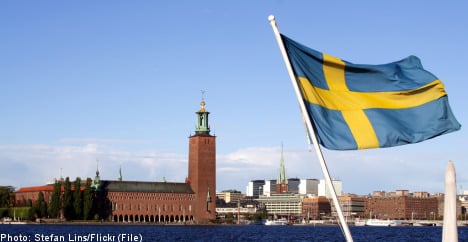With regard to Sweden, “the ratings reflect the Swedish authorities’ long-standing commitment to sound public finances and reforms promoting economic growth and prosperity,” an S&P statement said.
“Sweden has a prosperous, competitive, and resilient economy, supported by a skilled workforce, high labor-participation rates, and predictable and transparent institutions,” the statement added.
S&P said it was not concerned that Sweden expected to post a public deficit equivalent to 0.6 percent of output next year, explaining that “over the medium term, we forecast the fiscal position will return to surplus.”
Sweden is one of the few European countries to show a decline in public debt, and has forecast it will fall to 36.9 percent of gross domestic product in 2013, from 37.7 percent of GDP this year.
Turning to Sweden’s neighbour, Denmark, S&P underscored in a separate statement “the government’s long-standing commitment to fiscal discipline and growth-oriented macroeconomic policies, which have helped to put the country in a net external asset position.”
S&P noted that the Danish government has substantial borrowing needs, but added that “its net external debt position has improved steadily since 2009.”
The ratings agency said: “In our opinion, the Danish government will consolidate its fiscal position in 2013.”



 Please whitelist us to continue reading.
Please whitelist us to continue reading.
Member comments